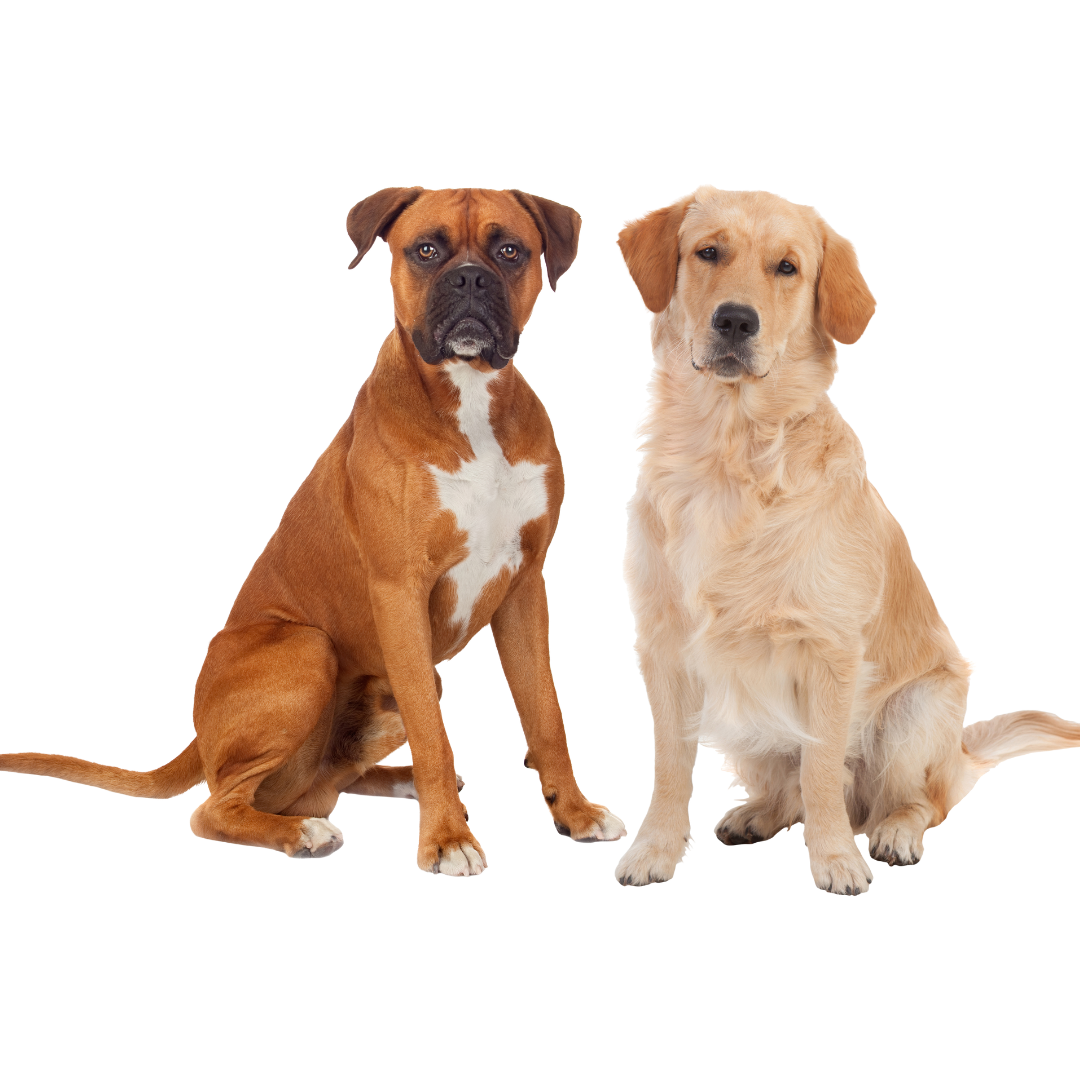737-215-3211

7 Proven Strategies: How to Raise a Calm Dog
Introduction to Raising a Calm Dog
Having a calm and composed canine companion can significantly improve both the dog's life and yours. Understanding the importance of a calm demeanor in dogs ensures their wellbeing, safety, and an easier time cohabiting. Additionally, the benefits of having a calm dog are numerous, from reducing household stress to preventing potential behavioral problems.

The Genetic Aspect of Canine Behavior
Every dog breed has its unique traits. While breeds that are naturally calm like the Basset Hound or the Bernese Mountain Dog might be easier to manage, it's essential to note that individual variation exists. Furthermore, the influence of lineage plays a crucial role. A dog's parents and grandparents can pass down behavioral traits, so it's beneficial to know a puppy's background.
Early Life Training
Laying the groundwork during the puppy phase is crucial. It acts as the foundation of a calm adult dog. Introducing them to various environments, people, and other animals ensures they become well-rounded adults. Effective socialization techniques for puppies include frequent short trips, positive reinforcement, and patience.
Environmental Factors
A dog's environment greatly influences its behavior. A peaceful household ambiance promotes relaxation and calmness in dogs. Similarly, having a regular routine helps dogs predict and understand their day, making them feel more secure and thus, calmer.
Training Techniques for Achieving Calmness
Using reward-based training techniques proves to be very effective. Dogs tend to repeat behaviors that get them treats or praise. Positive reinforcement further amplifies this, making the desired behavior more likely to reoccur.
The Role of Exercise
Regular exercise is paramount. Tailoring physical activities for every dog breed ensures they're neither overexerted nor under-stimulated. Along with physical exercise, dogs need mental stimulation games like puzzle toys or hide and seek, which keep their minds sharp and occupied.
Diet and Its Impact
What a dog eats can influence its behavior. Including foods that help in calming, like turkey or sweet potatoes, can assist in promoting a tranquil demeanor. It's also essential to avoid stimulants in dog diets such as caffeine, which can make them jittery or hyperactive.
Handling Anxiety and Fear in Dogs
Dogs, like humans, can get stressed. Recognizing signs of stress is the first step to calming an anxious dog. Some common indicators include excessive barking, panting, or pacing. Once recognized, there are various techniques to calm an anxious dog ranging from calming treats, soothing music, or even a comforting cuddle.
How to Raise a Calm Dog
It's not just about the steps you take, but also the consistency. Ensure a calm demeanor by providing a structured environment, consistent training, and adequate mental and physical stimulation. Maintaining consistency in training is vital as sporadic training can confuse a dog and lead to undesired behaviors.
The Role of Professional Trainers
Sometimes, despite our best efforts, dogs might need a little extra help. Knowing when to seek expert help is crucial. Professional trainers come with experience and tailored strategies. The benefits of professional training can be game-changing, turning a hyperactive dog into a calm, obedient companion.
Check out quality training collars here
FAQs
-
How often should I exercise my dog to ensure calmness? Daily exercise is essential, but the intensity and duration depend on the dog's breed and age.
-
Are there any natural supplements for calming dogs? Yes, some natural supplements like chamomile, passionflower, and valerian root can help in calming dogs.
-
Can older dogs be trained to be calmer? Absolutely! While younger dogs might learn faster, with patience and consistency, older dogs can also be trained effectively.
-
What toys can help in keeping my dog calm? Puzzle toys, chew toys, and interactive toys are great choices to engage and calm dogs.
-
How do I know if my dog's diet is affecting its behavior? Sudden changes in behavior, restlessness, or digestive issues might indicate that a particular food isn't agreeing with your dog.
-
Is crate training effective in raising a calm dog? Yes, when done correctly, crate training provides dogs with a safe space and can be instrumental in cultivating calm behavior.
Conclusion
Raising a calm dog requires a blend of understanding genetics, environmental factors, appropriate training techniques, and ensuring physical and mental well-being. While challenges might arise, the rewards of having a calm, loyal, and loving canine companion are immeasurable.



Leave a comment